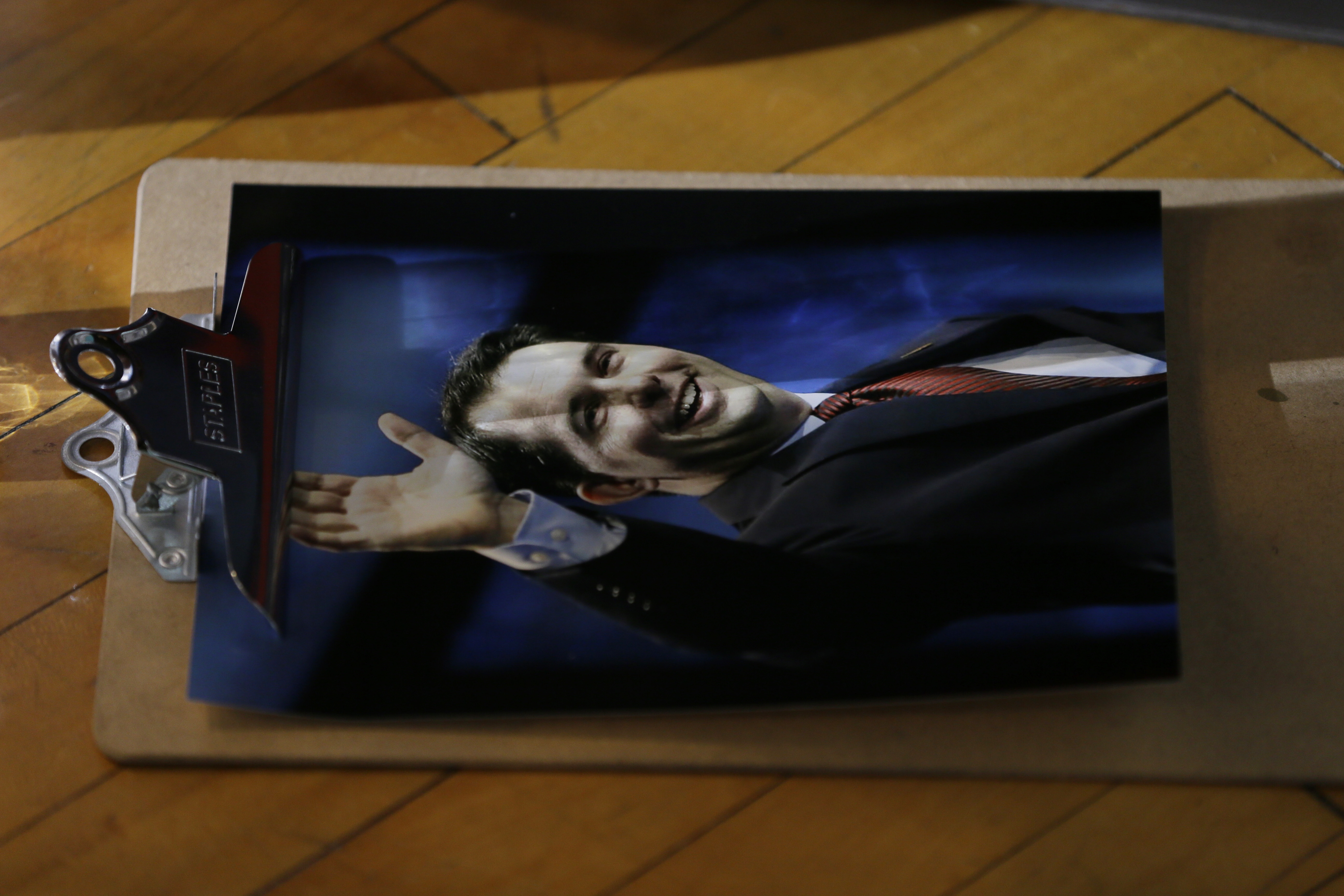Why Scott Walker's failure is such a tremendous blow to conservatives
The Wisconsin governor is a true conservative who seemed capable of beating both Jeb Bush and Hillary Clinton


A free daily email with the biggest news stories of the day – and the best features from TheWeek.com
You are now subscribed
Your newsletter sign-up was successful
The conservative movement is now back to square one, at least in the 2016 presidential race.
That isn't to say that the constellation of ideas surrounding writers like William F. Buckley Jr. and magazines like National Review hasn't succeeded in moving the Republican Party to the right. They most definitely have. Consider that the supposed "liberals" seeking the GOP's nomination in the last two presidential cycles were Jon Huntsman, a pro-life, anti-gun-control supporter of Paul Ryan's budget plan, and John Kasich, author of the last balanced federal budget. But despite this clear shift right, when a very conservative lawmaker can still be viewed as too liberal by many true believers on the right, conservatives' success in getting one of their own nominated has been limited to exactly two people: Barry Goldwater and Ronald Reagan.
Scott Walker represented the best chance to nominate a movement conservative for president since Reagan. The Republican establishment's power peaked under George W. Bush, whose strong support from fellow evangelicals effectively prevented a serious challenger to his right. Buckley described Bush 43 as "conservative but not a conservative."
The Week
Escape your echo chamber. Get the facts behind the news, plus analysis from multiple perspectives.

Sign up for The Week's Free Newsletters
From our morning news briefing to a weekly Good News Newsletter, get the best of The Week delivered directly to your inbox.
From our morning news briefing to a weekly Good News Newsletter, get the best of The Week delivered directly to your inbox.
Walker is a conservative. He's a Reagan-quoting, union-fighting, tax-and-budget-cutting, right-to-work-supporting product of the Goldwater-Reagan GOP, not the party Jeb and George W. Bush's father hailed from. He also had something no other conservative running for the GOP presidential nomination had: a resume as a two-term governor of a state that was far from monolithically Republican.
The party establishment has become weak, at least at the presidential level. In 2008, Rudy Giuliani imploded after spending a year at the top of national Republican polls. John McCain's campaign nearly went broke. In 2012, Mitt Romney struggled such a long time against challengers with little money or organization that the party decided to try to shorten the primary process.
Yes, McCain and Romney ultimately won. But if either Fred Thompson or Rick Perry had been up to the challenge, the establishment favorite could have been beaten. Romney at various points trailed a House backbencher and a former pizza company CEO. McCain actually received fewer votes than Mike Huckabee, Romney, and Ron Paul combined.
Jeb Bush may be a weaker establishment candidate than Romney. Walker briefly offered conservatives the opportunity to challenge the party bosses on something like even terms.
A free daily email with the biggest news stories of the day – and the best features from TheWeek.com
Perhaps more than even. After a promising speech at an Iowa conservative cattle call that dispelled one of the remaining doubts about the Wisconsin governor — the notion that he wasn't a good enough orator to win — Walker surged to the lead nationally.
More importantly, Walker opened up leads in Iowa (by as much as 14 points) and New Hampshire (by as many as 10), making him ever so briefly the Republican frontrunner. Bush was the $100 million man, but he generated little grassroots enthusiasm. Jeb's campaign was polished and his staff impressive, but he seemed destined to be the John Connally of 2016.
Conservatives have generally lost the Republican presidential nomination not just because of the establishment's financial and organizational strength, but also because the conservative vote has tended to fragment. There was a split between Jack Kemp and Pat Robertson, among others, in 1988, between Pat Buchanan and Phil Gramm and Co. in 1996, between Romney, Thompson, and Huckabee in 2008, and eventually between Rick Santorum and Newt Gingrich in 2012. And in every case, the conservative candidate who did the best with voters wasn't the one with the money and organization to compete the best against the establishment.
Walker solved this problem. He unified the conservative vote. He was better equipped to fight the establishment for the duration of the primaries than the Robertsons, Buchanans, Huckabees, and Santorums before him.
Nevertheless, Walker's lead was always contingent on factors beyond his control. Radio talk show hosts like Rush Limbaugh boosted him, but they (and their listeners) can be fickle. Comparisons to Tim Pawlenty are overdone, as Walker really had the popular and financial support that had been theoretically available to the former Minnesota governor in 2012. But aside from executive experience, other conservatives — Ted Cruz, Marco Rubio, Rand Paul, Ben Carson — had things to offer true believers that Walker didn't. And Mike Huckabee could even offer executive experience. The reason to pick Walker was that he was the electable conservative who could conceivably beat both Bush and Hillary Clinton.
Once the numbers no longer showed he was the best at beating Bush, Walker's comparative advantage was gone, and the conservative vote was back up for grabs. The candidate who grabbed it was Donald Trump.
While Rubio, Cruz, Paul, Carson, and Carly Fiorina remain, post-Walker movement conservatives now find themselves contemplating the nomination of a candidate — Trump or Bush — who isn't one of them. There's still time, but this wasn't where the right expected to be back when Walker was still rising. It is, however, where we tend to find ourselves every four years.
W. James Antle III is the politics editor of the Washington Examiner, the former editor of The American Conservative, and author of Devouring Freedom: Can Big Government Ever Be Stopped?.
